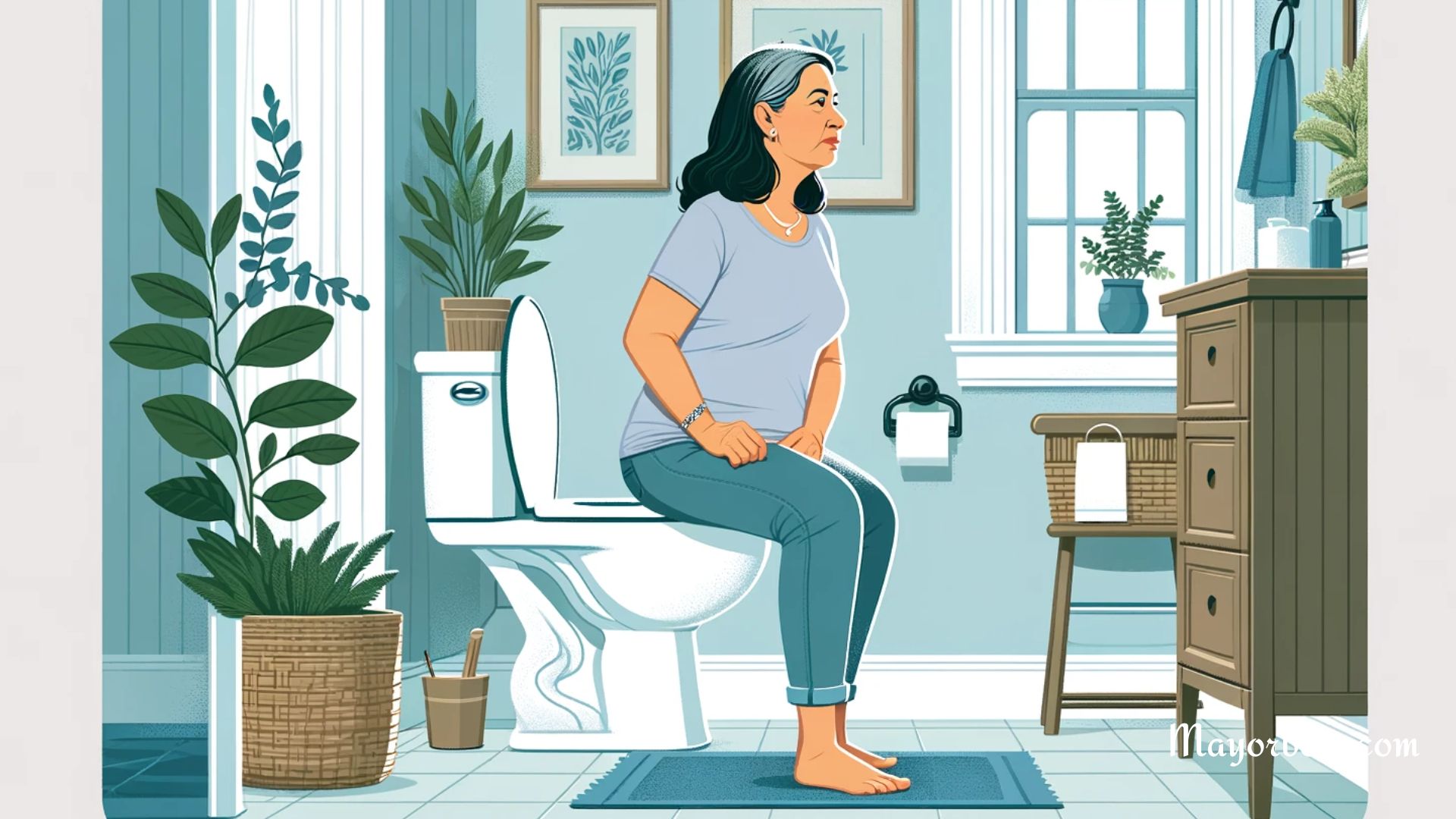Reason Why Your Body Doesn’t Digest Corn
Corn is a popular vegetable and a staple in many diets. However, you might have noticed something peculiar when you eat corn: it seems to pass through your digestive system mostly unchanged. This phenomenon can be puzzling, but there’s a straightforward explanation.

What Happens in Your Digestive System?
When you eat food, it travels through your digestive system, where it’s broken down to absorb nutrients. Digestion starts in your mouth, where chewing and saliva begin to break down food. Then, in your stomach and small intestine, enzymes and acids work to further digest it. Finally, the large intestine absorbs water and any remaining nutrients, with waste products being expelled from the body.
The Role of Cellulose in Corn
Corn has an outer shell made of a substance called cellulose. Cellulose is a type of fiber that human bodies can’t fully break down. This is because we lack the necessary enzyme, called cellulase, to break down cellulose into smaller, digestible sugars. Most animals, including humans, don’t produce cellulase. As a result, the cellulose in corn passes through your digestive system intact.
Why Do We See Corn in Our Waste?
When you eat corn, especially if it’s not thoroughly chewed, the kernels may remain whole. Since the cellulose shell of the kernel isn’t broken down, the insides of the kernel stay protected and undigested. That’s why you might notice whole kernels in your waste. It’s not that your body isn’t digesting the nutrients in corn; it’s just that the cellulose shell remains intact, and the contents inside don’t get digested.
Nutritional Value of Corn
Despite the cellulose issue, corn is still nutritious. It contains carbohydrates, vitamins, and minerals that your body can absorb. The parts of corn that are broken down provide energy and nutrients. Moreover, the fiber in corn, including cellulose, is beneficial for your digestive health. It adds bulk to your stool and aids in keeping your bowel movements regular.
In essence, your body doesn’t fully digest corn because of the cellulose in its outer shell, which remains intact due to the lack of the cellulase enzyme in the human digestive system. However, this doesn’t mean corn isn’t beneficial. It still provides essential nutrients and dietary fiber, playing a valuable role in a balanced diet. So, even though you might see corn in your waste, rest assured that your body is still absorbing its valuable nutrients.






